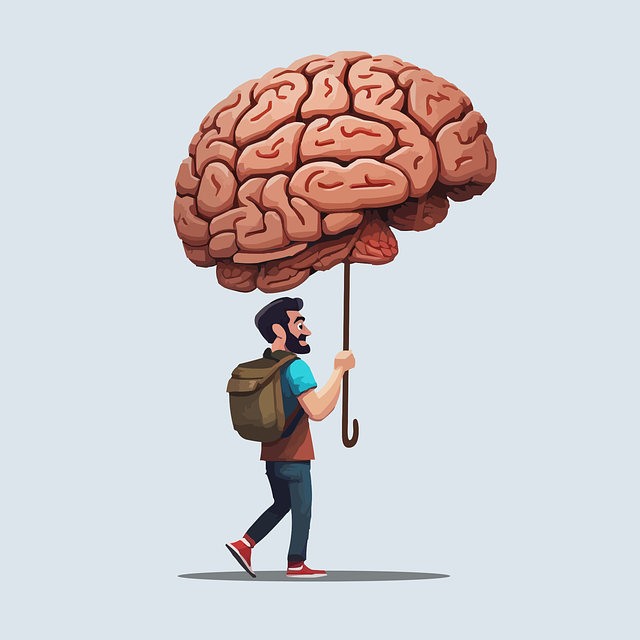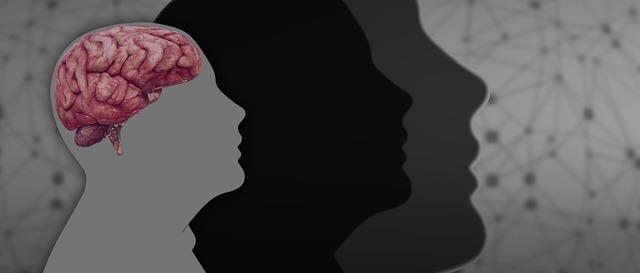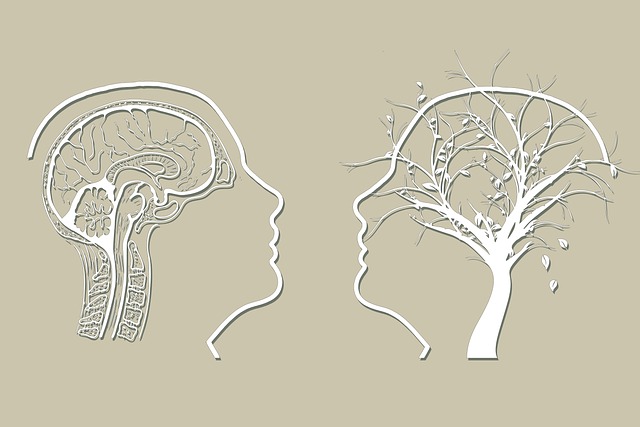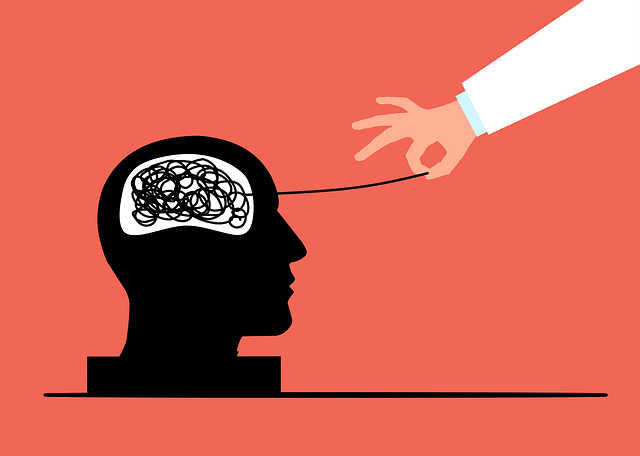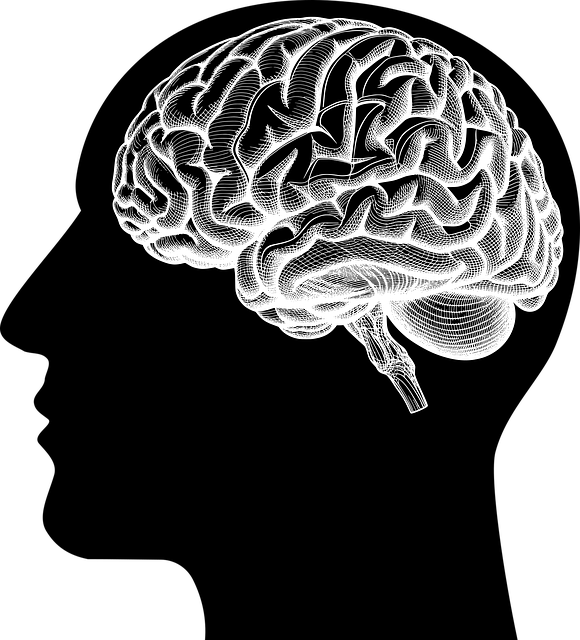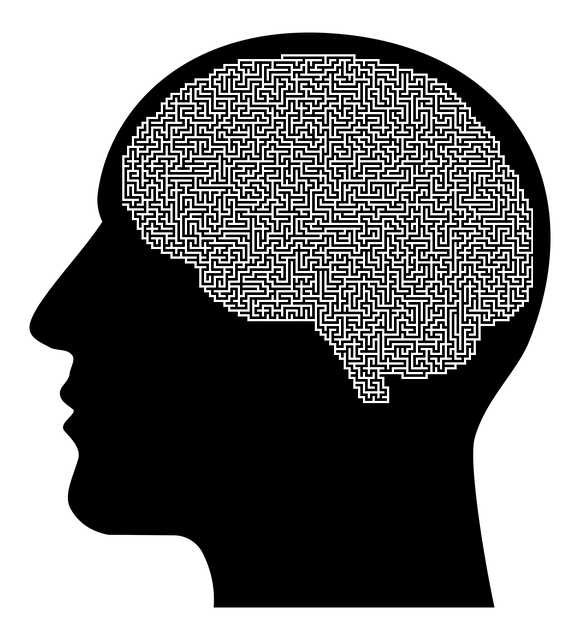Boulder Cognitive Behavioral Therapy (CBT) offers a structured approach to help individuals navigate loss, grief, and bereavement by identifying and challenging negative thought patterns. Through counseling, CBT teaches effective coping mechanisms, emotional regulation techniques, and conflict resolution strategies, facilitating anxiety relief, adaptation to new realities, emotion expression, and forward-moving strategies while honoring lost memories. Backed by research, this therapy reduces symptoms of depression and anxiety related to loss, making it a valuable resource for healing in Boulder.
- Understanding Loss, Grief, and Bereavement: The Need for Counseling
- Boulder Cognitive Behavioral Therapy (CBT): A Promising Approach
- Navigating the Healing Journey: Strategies for Effective Counseling Sessions
Understanding Loss, Grief, and Bereavement: The Need for Counseling

Understanding loss, grief, and bereavement is a complex process that often requires professional support. These emotions are natural responses to significant life changes, but they can be overwhelming, leading to prolonged distress and impaired functioning. In the context of Boulder Cognitive Behavioral Therapy (CBT), counseling offers a structured approach to navigating these challenges. CBT helps individuals identify and challenge negative thought patterns associated with loss, promoting healthier coping mechanisms and emotional regulation.
By engaging in therapy, bereaved people can learn effective conflict resolution techniques to manage intense feelings. This process facilitates anxiety relief and enables them to gradually adapt to their new reality. Counseling provides a safe space to express emotions, share memories, and develop strategies for moving forward while honoring the memory of what was lost.
Boulder Cognitive Behavioral Therapy (CBT): A Promising Approach

Boulder Cognitive Behavioral Therapy (CBT) has emerged as a promising approach to addressing loss, grief, and bereavement. CBT focuses on identifying and changing negative thought patterns and behaviors that can contribute to emotional distress following a significant loss. By promoting self-awareness exercises and teaching effective stress reduction methods, CBT helps individuals process their grief in healthier ways. Through this therapy, clients learn conflict resolution techniques, enabling them to navigate challenging emotions and memories associated with bereavement more effectively.
This approach offers a structured framework that enables individuals to gain perspective on their feelings, challenge unhelpful beliefs, and develop coping strategies tailored to their unique experiences. By combining cognitive restructuring with behavioral activation, CBT empowers those grappling with grief to take proactive steps towards healing and restoration. Research supports the efficacy of CBT in reducing symptoms of depression and anxiety related to loss, making it a valuable resource for those seeking support during difficult times.
Navigating the Healing Journey: Strategies for Effective Counseling Sessions

Navigating the Healing Journey: Strategies for Effective Counseling Sessions
In the world of loss, grief, and bereavement counseling, Boulder Cognitive Behavioral Therapy (CBT) offers a powerful framework to support individuals in their healing journey. CBT focuses on identifying and changing negative thought patterns that can perpetuate feelings of sadness and isolation. During counseling sessions, therapists use evidence-based techniques such as cognitive restructuring and mindfulness exercises to help clients challenge unhelpful beliefs and develop healthier coping mechanisms. By fostering inner strength development, compassion cultivation practices, and healthcare provider cultural competency training, CBT enables individuals to process their emotions, adapt to life changes, and cultivate resilience.
Effective counseling sessions are characterized by a compassionate and non-judgmental atmosphere where clients feel safe to explore their experiences. Therapists utilize active listening skills, validate emotions, and encourage open communication. By integrating these strategies, counselors create an environment conducive to healing, allowing individuals to gradually integrate their loss while cultivating new ways of living with and without their loved ones.
Loss, grief, and bereavement counseling are essential aspects of healing and recovery. By understanding these complex emotions, professionals can offer effective support through approaches like Boulder Cognitive Behavioral Therapy (CBT), which has proven to be a promising tool in navigating the healing journey. Integrating strategies for meaningful counseling sessions enables individuals to process their losses and find hope, ensuring they receive the necessary care during trying times.

